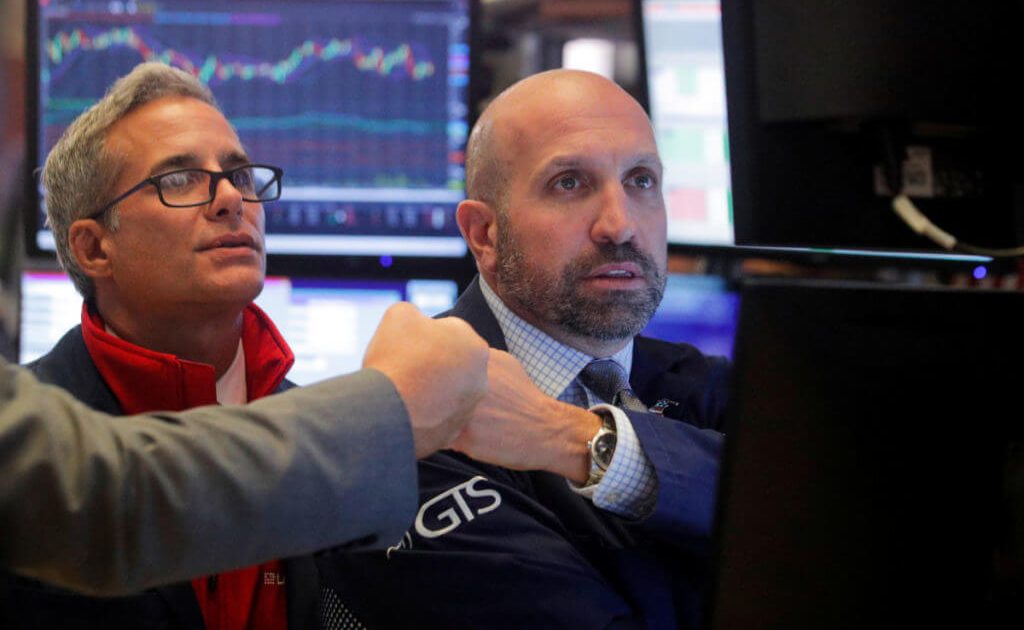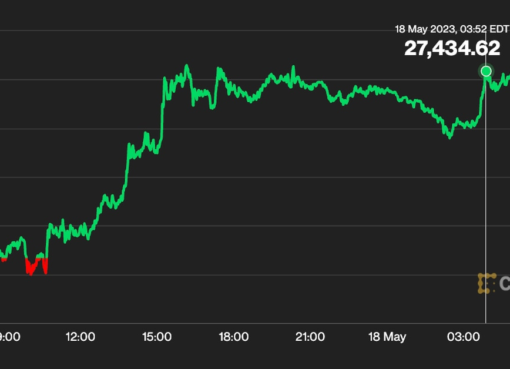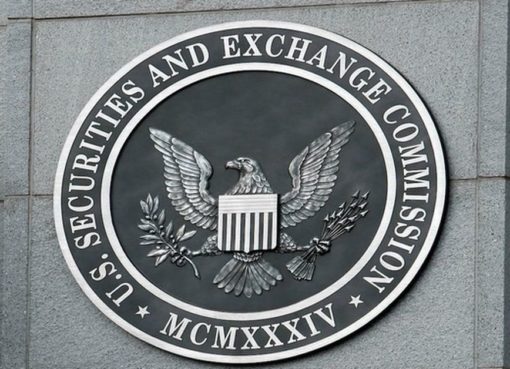- The stock market crash could become a great buying opportunity for long-term investors.
- Things are likely to get worse before they get better, so it’s hard to time the bottom.
- There are five key indicators investors can watch to determine when to buy the dip.
Warren Buffett said to be fearful when others are greedy and greedy when others are fearful, but after a week of losses on Wall Street, some say that advice doesn’t apply.
“Don’t catch a falling knife” was a more popular refrain this week as analysts questioned whether the stock market crash would persist longer than expected. With the Dow down 11% this week and the S&P 500 closing out the week 12% lower, it’s valid for investors to wonder if now is a great buying opportunity.
Even the most bullish outlooks suggest that things are likely to get worse before they get better. There’s no way to time the stock market’s ups and downs with certainty, but there are some indicators that investors can use to determine the bottom.
Here are five ways to tell if the stock market is about to recover.
1. Coronavirus Cases Dwindle
Perhaps the most telling sign that the stock market is ready for a turnaround is a peak in coronavirus cases outside of China. China battled a growing number of new cases for over a month, but when the number of new cases finally started to drop, the nation could start returning to normalcy.
Now that the virus has reached several continents, the number of new cases outside of China is the figure to watch. That’s the number one driver of a stock market recovery, outside of the creation of a vaccine. Fewer new cases mean containment efforts have been successful and the world will breathe a collective sigh of relief.
2. U.S. Coronavirus Cases Peak
If the coronavirus does become a widespread problem in the U.S., investors can bet on further stock market losses. Supply chain disruptions due to closed factories and limited travel have been the main cause for cautious guidance among U.S. firms thus far. But if coronavirus hits the U.S. hard, we’re likely to see even more pressure on stocks.
If the U.S. manages to escape a coronavirus outbreak, or at very least avoids community spread, the stock market will likely near a turning point. If an outbreak does occur in the U.S., traders can expect more pain until the number of new cases peaks.
3. Fed Stimulus Will Pump Up Stock Market
Some analysts who believe the coronavirus fears are overdone say the Fed is the key to a stock market recovery. The U.S. central bank is likely to announce an interest rate cut to help buoy the economy. Fed funds futures suggest there’s at least a 70% chance of a rate cut as early as March.
According to JPMorgan’s Chief US Equity Strategist Dubravko Lakos-Bujas, that could create favorable market conditions once the coronavirus fears blow over.
Potential Fed insurance cuts at a time when the US employment base is close to full and prime-age participation rate is on a rise could result in an even hotter economy once the COVID-19 impact rolls off and stimulus remains
4. A Democrat Candidate Is Announced
While the coronavirus dominates headlines, it’s worth considering that the virus isn’t the only thing making traders skittish. The presidential elections are also casting a shadow of doubt over the stock market. That’s especially true with ultra-progressive Bernie Sanders looking like the Democrats’ nominee.
Jeffrey Gundlach of DoubleLine Capital said as much earlier this week when he pointed out that healthcare stocks should be rallying if the virus was truly driving the market.
Why is healthcare as a sector broadly not outperforming? Answer to these questions: the market is digesting a better than 50% chance of Bernie getting the nomination.
Many believe that Sanders’ policies will harm the stock market. If a more conservative candidate like Mike Bloomberg takes the lead, we might see some of the pressure on markets start to ease.
Likewise, if Bernie Sanders does become the nominee, markets will have a chance to absorb the risk and start considering his chances of beating Donald Trump.
5. Economic Data Will Preface Stock Market Rebound
One of the biggest coronavirus fears weighing on the stock market is its impact on the global economy. The economic impact of the virus is still unknown.
The outbreaks will have a substantial impact on global economic growth. When the global economy, particularly in the U.S., starts to improve, that will be a green light for investors. For now, traders should be on the lookout for data that’s flat—which would suggest that at the very least, things aren’t getting worse.
By keeping an eye on these five key factors, you can potentially take advantage of a bad situation.
Disclaimer: This article represents the author’s opinion and should not be considered investment or trading advice from CCN.com.
This article was edited by Aaron Weaver.
Last modified: March 1, 2020 11:23 PM UTC




